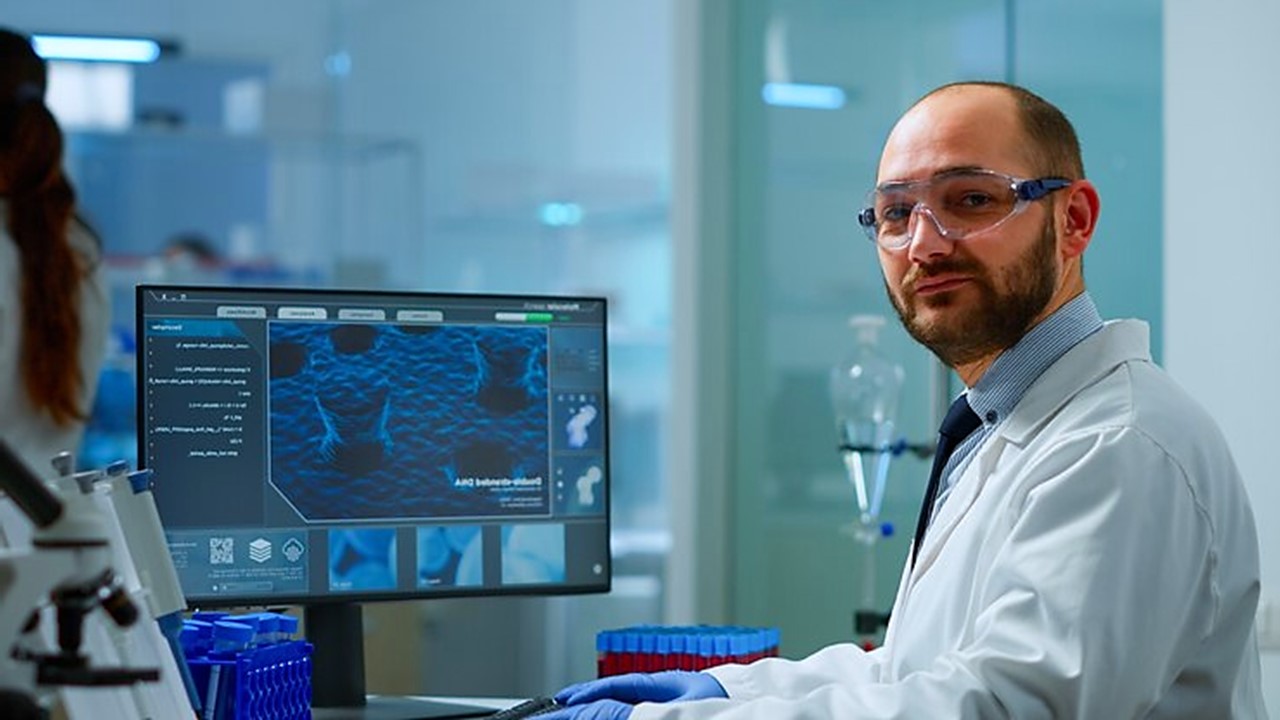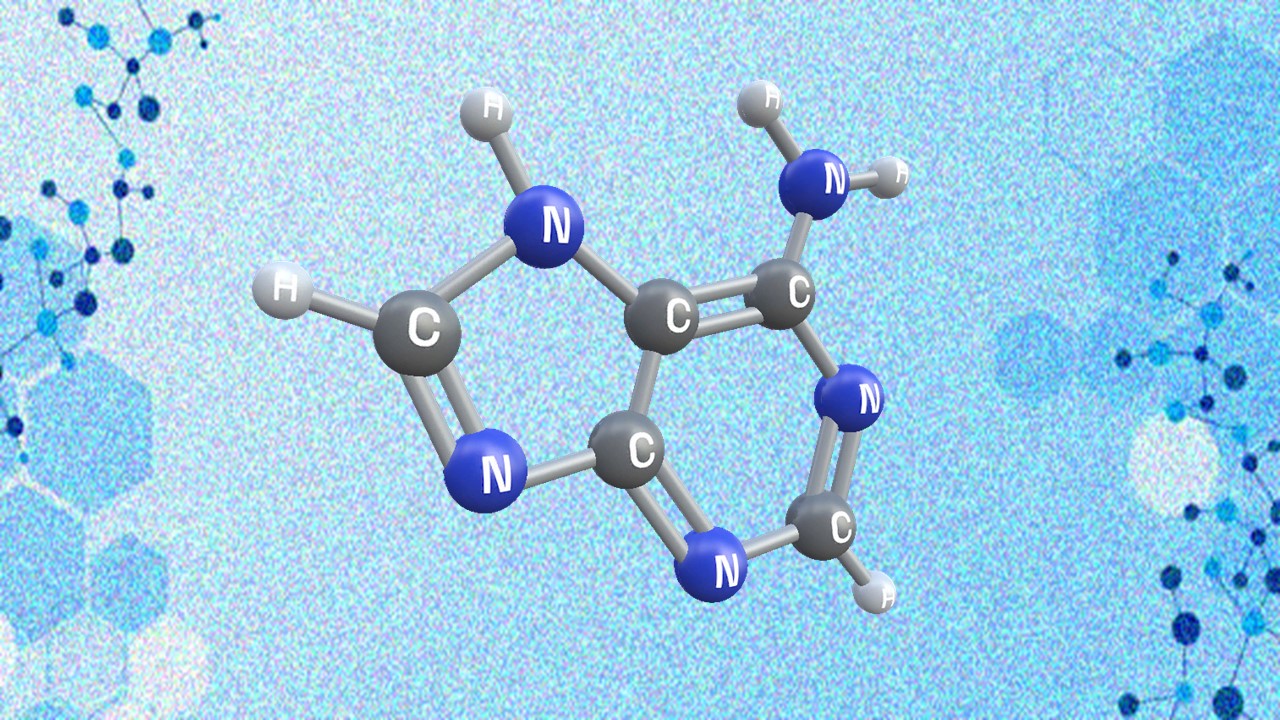In today’s digitally driven healthcare landscape, organizations face the daunting task of safeguarding vast troves of sensitive data. These data repositories include not only financial information but also patients’ protected health histories, social security numbers, and valuable research and innovation data. The intricacies of healthcare systems are intertwined with a web of gadgets, creating a challenging environment to ensure data integrity and security. From MRI equipment connected to multiple workstations to communication devices used for pseudonymization and anonymization, the network’s complexity becomes a breeding ground for potential cyber threats.
Cybersecurity’s Role in Healthcare Transformation
Amidst the technological revolution in healthcare, cybersecurity emerges as a paramount player. It offers the potential to detect, evaluate, and respond to cyber threats far more efficiently than human counterparts. In an era where timely care and the right technologies can drastically impact patient outcomes, cybersecurity ensures that medical technology is harnessed safely and efficiently. Furthermore, it safeguards patient privacy from cyberattacks that target data repositories containing Personal Identification Information (PII), Protected Health Information (PHI), and other critical data. The consequences of compromised access to medical equipment and records, similar to ransomware attacks, can have dire consequences for patient health.
Strengthening the Cyber Defenses of Healthcare Ecosystems
As the healthcare industry races toward digitalization, it simultaneously becomes an enticing target for cybercriminals. The security of interconnected medical devices, health monitoring tools, and critical healthcare systems becomes paramount. Notably, the integration of these systems raises concerns about IT security. Ensuring that a robust cybersecurity framework is in place is vital, considering the wealth of information accessible by medical professionals. The evolving threat landscape necessitates a proactive approach, with an emphasis on embedding cybersecurity into medical devices from conception to commercialization. The healthcare sector must prepare to withstand ongoing cyber threats, as technology continues to evolve, and new vulnerabilities surface.
With the advent of remote healthcare services, securing patient data has inevitably become increasingly complex. Cybersecurity measures such as anti-virus solutions, data encryption, and data loss prevention are critical. The COVID-19 pandemic accelerated the adoption of remote care, heightening the industry’s vulnerability to cyber risks. The current compliance mechanisms tend to react to data breaches rather than proactively prevent them. This dynamic landscape demands a shift toward proactive cybersecurity measures, focusing on safeguarding patient data from an array of evolving cyber threats.
Cyber Hygiene and Cyber Vulnerabilities
Maintaining robust cybersecurity hygiene is essential for healthcare organizations. A multifaceted approach, including security awareness, incident response, and continuous cyber development, is vital. Regular penetration testing, vulnerability assessments, and risk analysis audits should evaluate the effectiveness of security procedures. Automation and AI-powered tools offer significant advantages in identifying and mitigating malware threats, especially tailored to the healthcare sector’s unique challenges. As healthcare increasingly relies on digital technology and as hospitals adopt cloud-based storage and interconnected devices, ensuring cybersecurity is no longer an option but a necessity.
Cybercriminals are constantly evolving their tactics, utilizing big data, AI, and machine learning – the very same technologies that afford us to mitigate cyberattacks – to exploit vulnerabilities. The interconnected architecture of modern healthcare systems offers numerous attack vectors for hackers, making cybersecurity a central concern. Data security and patient privacy must remain at the forefront of healthcare cybersecurity efforts as cyber threats continue to evolve.
Collaboration in the Midst of Cyber Complexity
The healthcare sector’s complex web of networked systems and devices presents a challenging IT environment. The integration of various technologies, from building systems to clinical equipment, raises concerns about network security. Any device connected to the network becomes a potential point of intrusion, necessitating heightened vigilance. Cybersecurity professionals must embrace advanced security technologies, such as automation, to keep pace with evolving cyber threats.
In the fight against cyber threats, healthcare organizations must, in particular, adopt collaborative approaches. Regular audits, risk assessments, and cyber-risk analysis audits are crucial to evaluate cybersecurity effectiveness continually. Policymakers and legislators can incentivize proactive cybersecurity planning, aligning healthcare operations with state and federal regulations. Partnering with cybersecurity experts and leveraging automated data intelligence platforms can help healthcare institutions identify and protect patient and essential data effectively.
Securing healthcare networks across various devices is unquestionably paramount. Vulnerabilities in data security often provide opportunities for hackers to exploit. Data gathering techniques, including cloud-based storage, have improved, but the healthcare sector must remain vigilant against threats. Robust access controls and constant monitoring are crucial to prevent unauthorized access to patient data, ensuring the confidentiality and integrity of medical records.
This goes without saying that proactive cybersecurity measures are the foundation of a robust defense for the healthcare ecosystem.
A Unified Approach to Healthcare Cybersecurity
A unified and collaborative approach is essential to fortify healthcare cybersecurity. It requires constant vigilance, ongoing training, and the integration of advanced security solutions to protect the wealth of data and ensure patient welfare. Healthcare organizations must adapt to the evolving cybersecurity landscape, where the stakes are high, and the need for robust defenses has never been greater.
Cybersecurity in healthcare is not just an option but an imperative to ensure the integrity of patient care and the protection of sensitive data. Most importantly, cybersecurity is neither the sole task of a C-level executive nor a department of any corporation, whether it be health invested or otherwise categorized. Cybersecurity exerts influence on every individual in every department and aspect of operations. Cybersecurity is a collective responsibility!
Engr. Dex Marco Tiu Guibelondo, B.Sc. Pharm, R.Ph., B.Sc. CpE
Subscribe
to get our
LATEST NEWS
Related Posts

AI, Data & Technology
The Power of Unsupervised Learning in Healthcare
In healthcare’s dynamic landscape, the pursuit of deeper insights and precision interventions is paramount, where unsupervised learning emerges as a potent tool for revealing hidden data structures.

AI, Data & Technology
Unlocking Intelligence: A Journey through Machine Learning
ML stands as a cornerstone of technological advancement, permeating various facets of our daily lives.
Read More Articles
Synthetic Chemistry’s Potential in Deciphering Antimicrobial Peptides
The saga of antimicrobial peptides unfolds as a testament to scientific ingenuity and therapeutic resilience.
Appreciating the Therapeutic Versatility of the Adenine Scaffold: From Biological Signaling to Disease Treatment
Researchers are utilizing adenine analogs to create potent inhibitors and agonists, targeting vital cellular pathways from cancer to infectious diseases.












